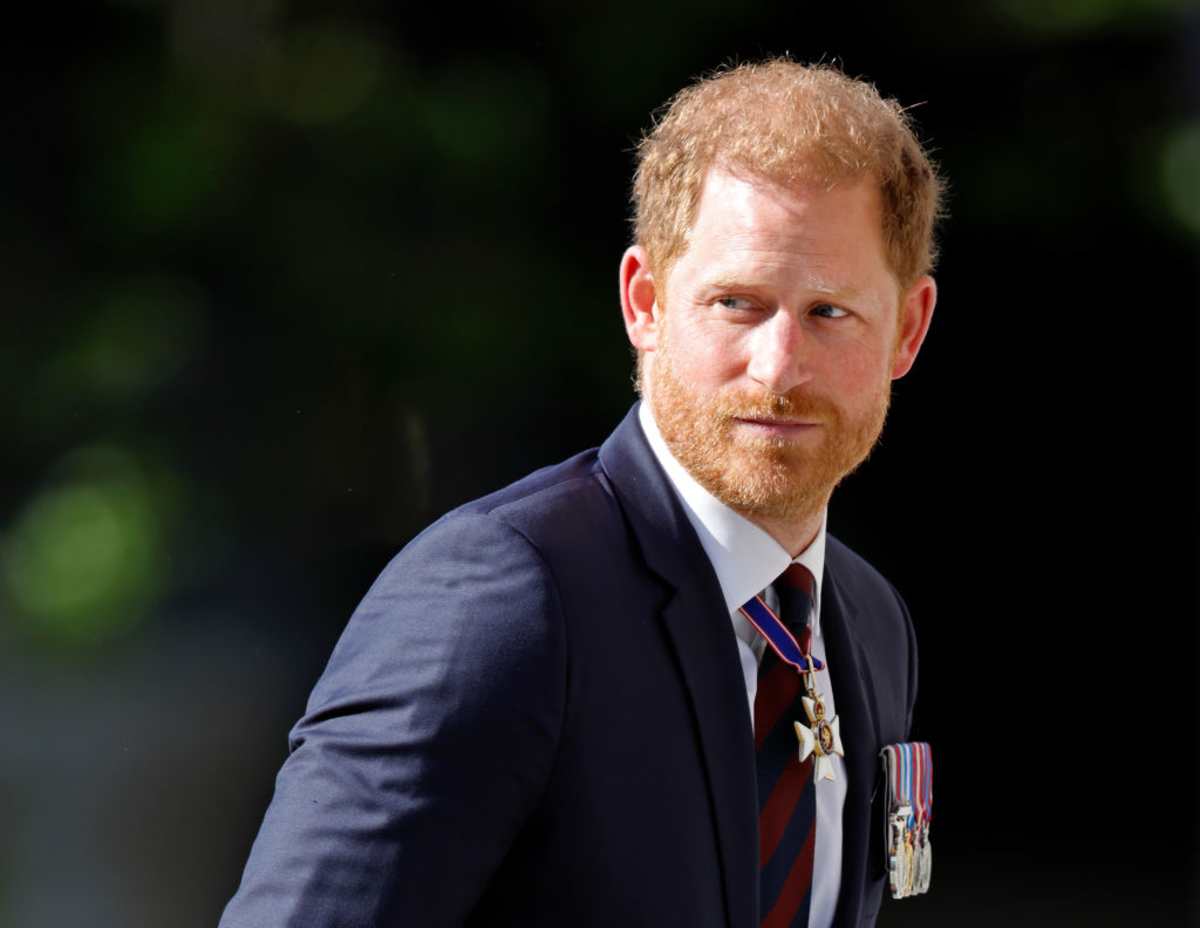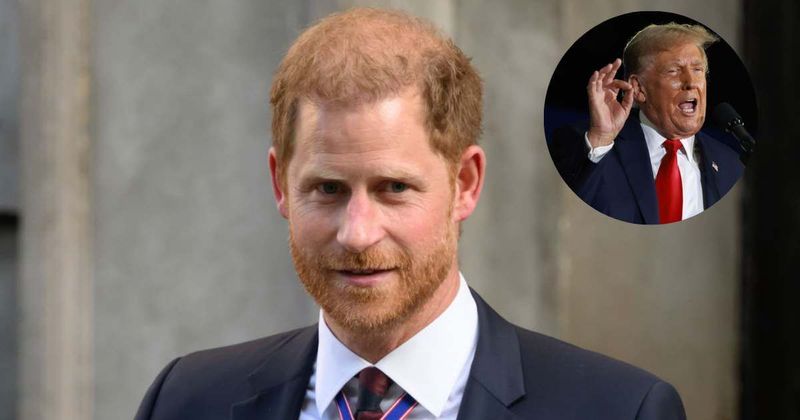Lawyers for the U.S. government have cited a privacy case involving Donald Trump as a basis for withholding details of Prince Harry’s immigration status. The Heritage Foundation, a Washington D.C. think tank, has sued the Biden administration’s Department of Homeland Security (DHS) under the Freedom of Information Act (FOIA), seeking information about the visa Harry used to enter the U.S. They aim to determine whether Harry received preferential treatment due to his admissions of drug use in his autobiography, Spare .
U.S. government cites Trump’s privacy over possible interactions with FBI as reason for not releasing Prince Harry’s visa. President Trump privacy has nothing to do with Prince Whiners Visa. Release the Visa Information Immediately!
— Brian Pillars (@BrianPilla43219) June 17, 2024
During a court hearing in Washington in February, the DHS referenced a Trump case to justify their refusal. John Bardo, a DHS lawyer, explained that the case involved a request for records of interactions between Trump and the FBI , from before 2015, when Trump was a private citizen.
Bardo argued that the court had found Trump’s privacy interests outweighed the public interest. In light of the same, he contended that if Trump, as a private citizen, had a privacy interest in such matters, Harry’s privacy interest should be even greater, given that he has never held a governmental position or appeared on a ballot in the U.S.
Deranger’s stupidity has no end. Prince Harry’s Visa status is CONCEALED! That’s how we roll in the USA. Head of State Visa when he is NOT a political counsel or ambassador. Even if my tax $ was paying for the Sussex’s safety I’m doing more than that sorry-ass monarchy. pic.twitter.com/K2CQ5kJ1Vf
— Mrs G (@MrsEricaGarza) June 6, 2024
“There is a much greater public interest in an interaction with a would-be elected officer than there is a member of the royal family of a foreign country,” Bardo stated. Recent reports suggest Prince Harry might have entered the United States on a rare category of diplomatic visa.
Last month, London-based US Immigration lawyer, Melissa Chavin, speculated that Harry could be on an ‘A-1 Head of State’ visa, a designation used by heads of state and royal family members since he is fifth in line to the throne.
If #PrinceHarry gets his visa situation ironed out and can stay in the US, I wonder if he will seek US citizenship. If he did that, he’d have to renounce his titles. All of them. But what happens to Meghan’s stat us as Duchess of Sussex? pic.twitter.com/0v335Ei6LS
— Cynthia M (@cynthiamoon1604) June 14, 2024
“It’s just extremely special,” she told Daily Mail . “And the security check is not the same. It’s a lower security check. It’s a visa, especially for members of royal families. For an A-1 Head of State visa, the security and background check questions are not the same as for most visa applicants. They are only vetted for espionage, terrorism, and activities contrary to US foreign policy.”
The A-1 ‘Head of State’ visa is distinguishable from the A-1 visa, which is intended for senior diplomats. Holders of an A-1 visa, such as ambassadors, are expected to come to the US to work in a diplomatic capacity.
However, an A-1 ‘Head of State’ visa allows the holder to enter the US without necessarily working as a head of state or royal family member.

As per U.S. visa policy, applicants are questioned about past substance usage which Harry in his memoir had candidly admitted to. As per the Independent , he wrote, “Psychedelics did me some good as well. I’d experimented with them over the years, for fun, but now I’d begun to use them therapeutically, medicinally. They didn’t simply allow me to escape reality for a while.”
Americans who spoke with Daily Express US feel Harry should face consequences if it’s revealed that he lied on his visa application re his drug use, which he wrote about openly in”Spare.” “I don’t think he should be above the law, should be accountable for what he did. pic.twitter.com/ABuTj2ZYMS
— ⚜️FAYE a WALE’S MAORI WARRIORESS🔱 👑🇳🇿🇦🇺🇬🇧 (@Fayesugarfree) April 18, 2024
Harry has been residing in the US since 2020, living in a nine-bedroom mansion in Montecito, California, with his wife Meghan Markle and their two children. In March, Trump hinted at the possibility of Harry being deported under his leadership. Speaking with TV presenter, Nigel Farage, on GB News, Trump suggested that the royal would not receive “special privileges.”



